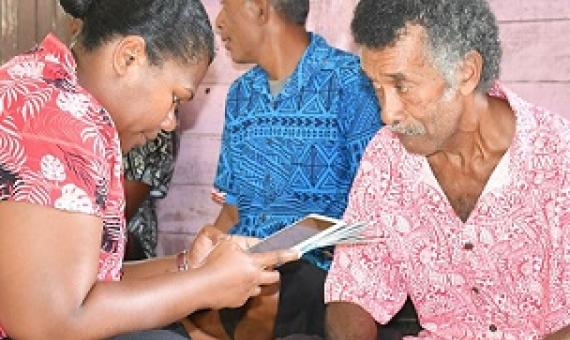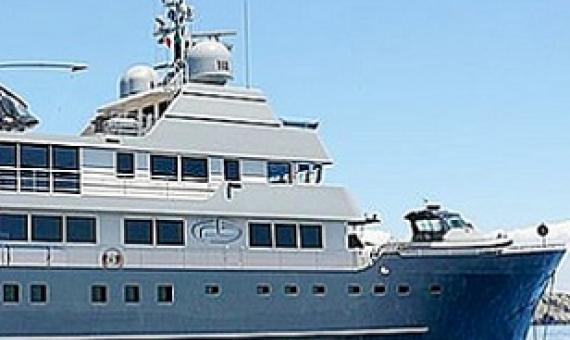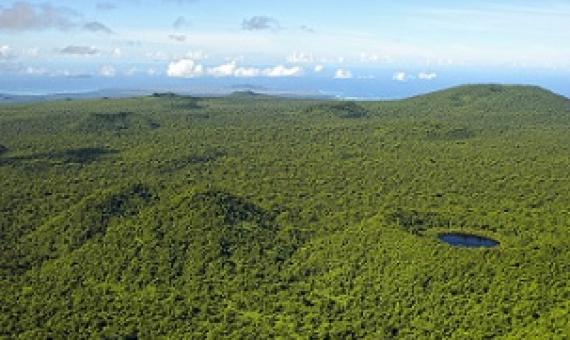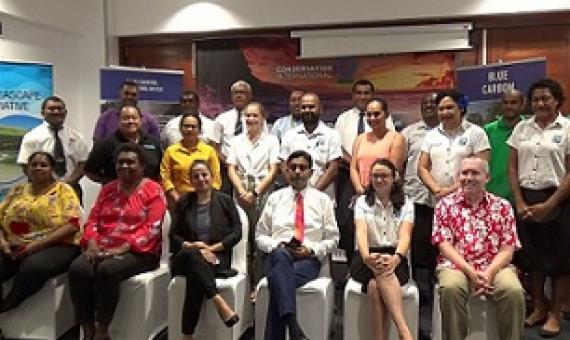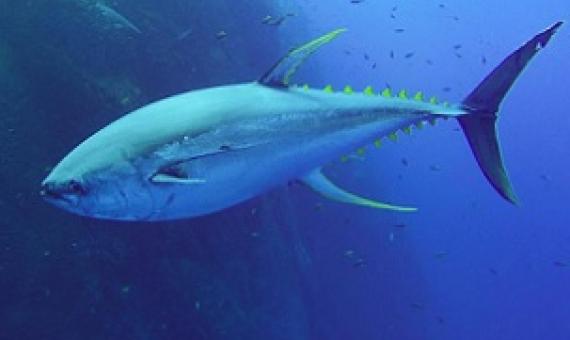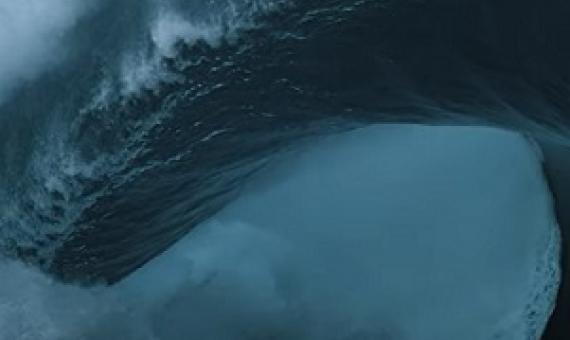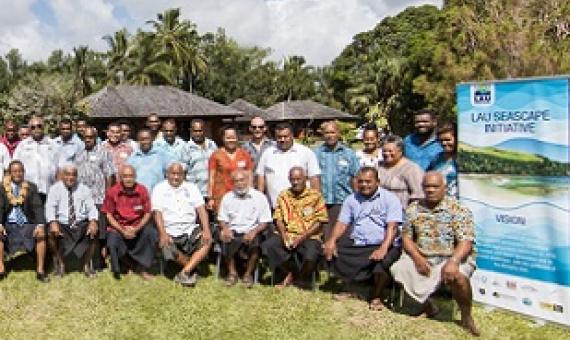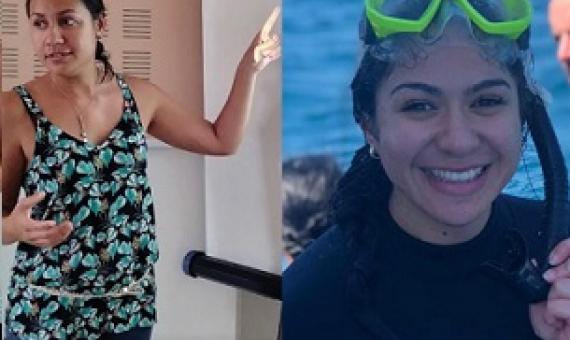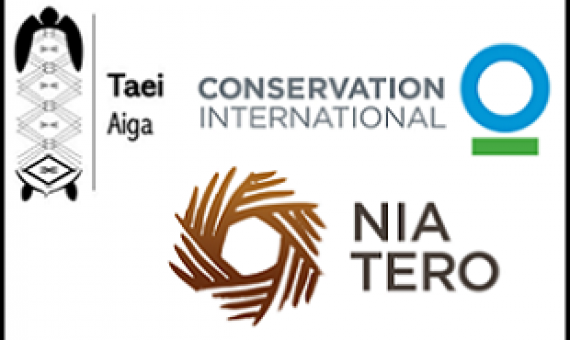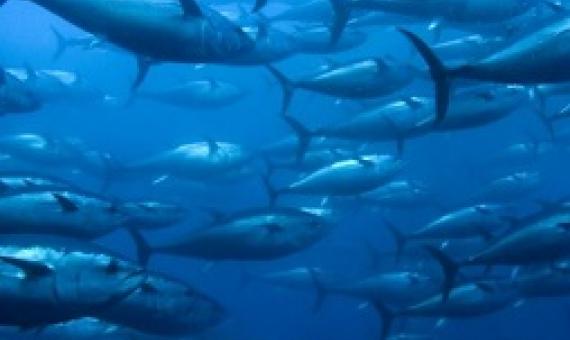The first phase of consultation on the Lau Seascape and the Marine Protected Area 30×30 Initiative concluded last Friday at Nayau Island in Lau.
Researchers have completed 490 dives in an eight-day expedition to collect information on Samoa's coral reefs, fish populations, and water quality. The dives at 36 sites were close to shore in the waters of both main islands, despite bad weather.
The moisture-laden cloud forest of Savai’i is potentially a heritage site for Samoa, says the head of the Ministry of Environment and Natural Resources. The Ministry’s C.E.O.
A multimillion-dollar blue carbon pilot project deal by the Australian government through Conservation International and three communities around the country.
The climate crisis and warming waters may cause tuna to redistribute, threatening tuna-dependent economies in the Pacific, a new study concludes.
With the Nature Is Speaking series, Conservation International gives nature a voice. The goal: To reframe why conservation is important and reinforce a simple message — Nature doesn’t need people. People need nature.
Forest and marine restoration, regeneration and the formalization of a Deed of Trust are some of the key points that were part of the deliberations for 13 traditional District Chiefs of Lau.
“We're thrilled to introduce our first two Fellows. Tepoerau Mai and Te Aomihia Walker both bring the insights of traditional Indigenous knowledge to some of the most pressing challenges for sustainable development in the Pacific region.
The Sue Taei Ocean Fellowship is a new education and professional development opportunity for Indigenous Pacific Island women seeking to improve the lives of their communities through ocean conservation.
Conservationists want the whole Pacific region to adopt the Cook Islands fisheries management approach. Experts at Conservation International say this will ensure all tuna fisheries within the jurisdiction of Pacific Island countrie

